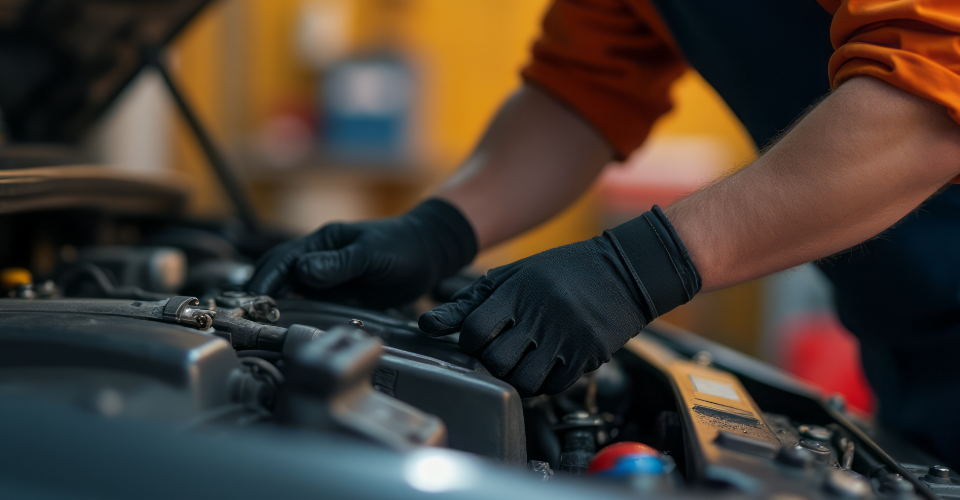Few things can disrupt a summer road trip like an overheated engine. Watching steam rise from under the hood isn’t just frustrating, it can also lead to serious and costly damage. Knowing why engines overheat, how to respond, and how to prevent it can save you from unexpected breakdowns.
Why Do Engines Overheat?
Engines typically overheat due to issues in the cooling system, which prevents heat from escaping the engine compartment.
Common causes include:
- Cooling system leaks.
- Faulty water pump.
- Radiator problems.
- Low engine oil levels.
- Thermostat failure.
If left unaddressed, overheating can cause severe damage to the engine, gaskets, hoses, and seals.
Signs Your Engine is Overheating
Keep an eye out for:
- Steam rising from the hood.
- High temperature gauge readings (in the red or on "H").
- Unusual smells, such as sweet odours from leaking coolant or burning smells from oil.
If you notice these signs, take immediate action.
What to Do When Your Engine Overheats
-
Turn Off the A/C and Crank Up the Heat:
Reducing the load on the engine by turning off the air conditioning and running the heater can help pull heat away from the engine.
-
Find a Safe Place to Pull Over:
Stop the car and turn off the engine. Allow it to cool for at least 15 minutes before checking the temperature gauge.
-
Restart the Engine (if Necessary):
If it’s safe and your car isn’t being towed, restart the engine and drive cautiously to the nearest workshop. Monitor the temperature gauge to avoid further overheating.
-
Call for Assistance:
If you have a dotsure.co.za car insurance policy, you can contact our emergency roadside assistance.
Preventing Engine Overheating
Regular maintenance is crucial to avoid overheating. Be sure to follow these tips, with help from your car’s service centre:
- Check coolant levels frequently and refill as needed.
- Inspect hoses, belts, and the radiator for wear or damage.
- Schedule regular coolant flushes as per the manufacturer’s recommendations.
- Monitor engine oil levels and change oil regularly.
- Keep an eye on the temperature gauge while driving.
Taking proactive steps, like having the right extended car warranty in place, can save you costly repairs down the road!


